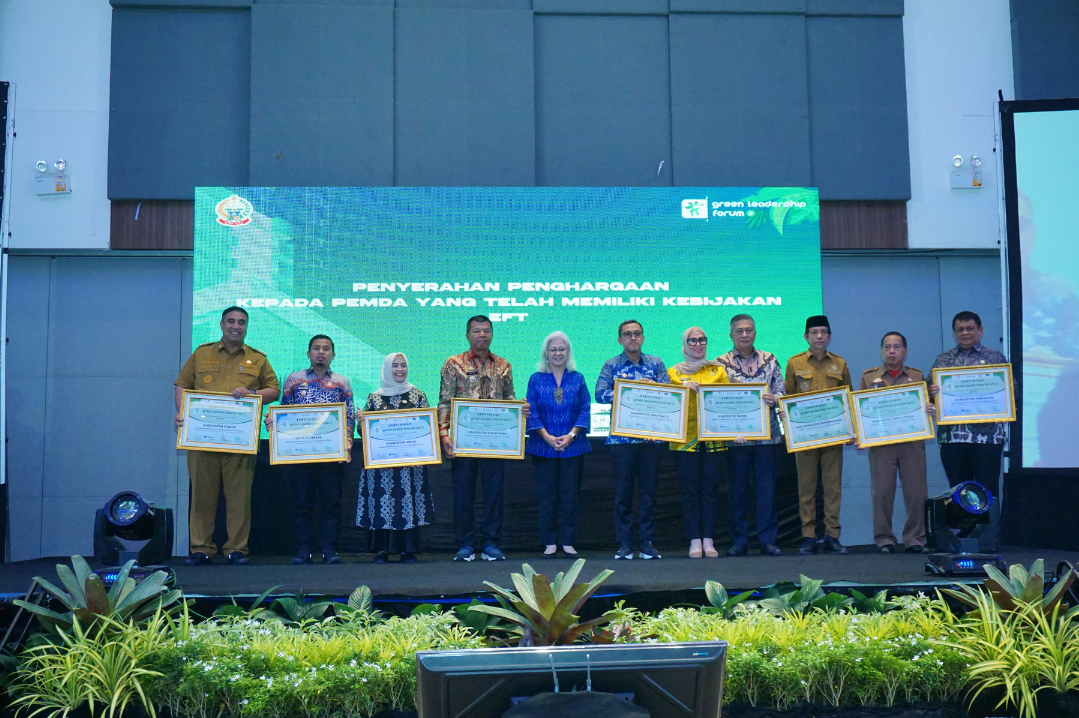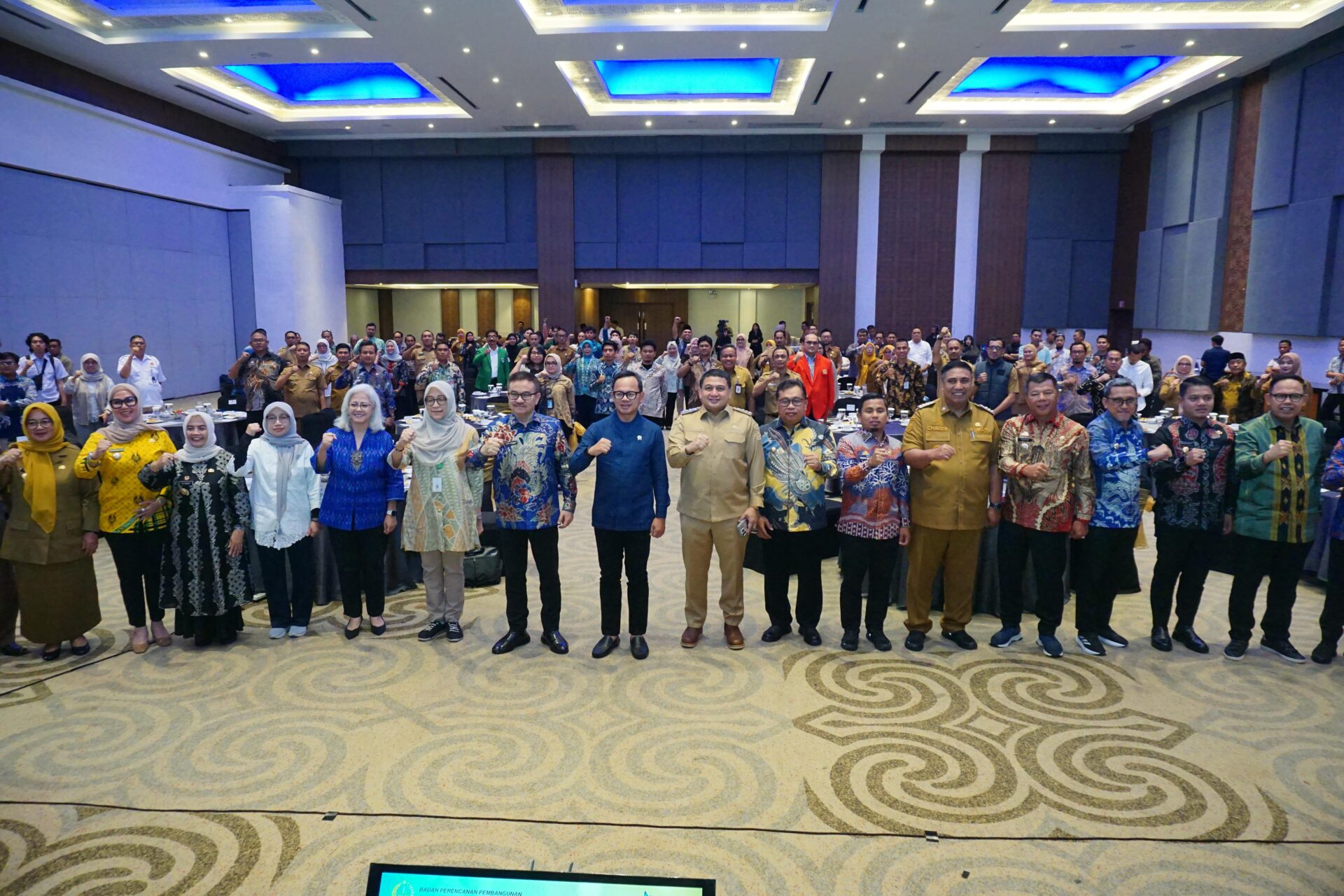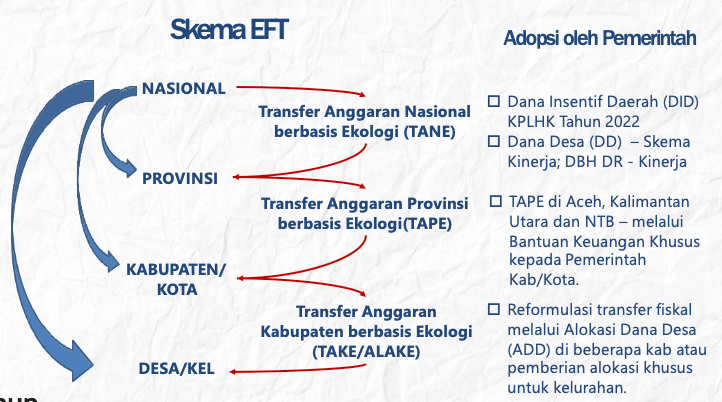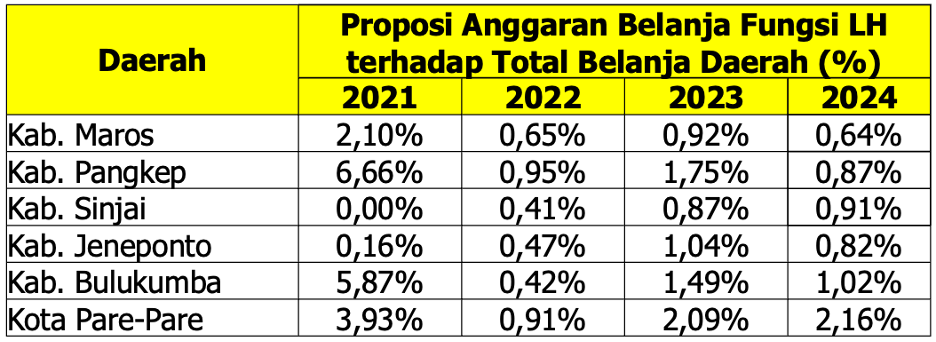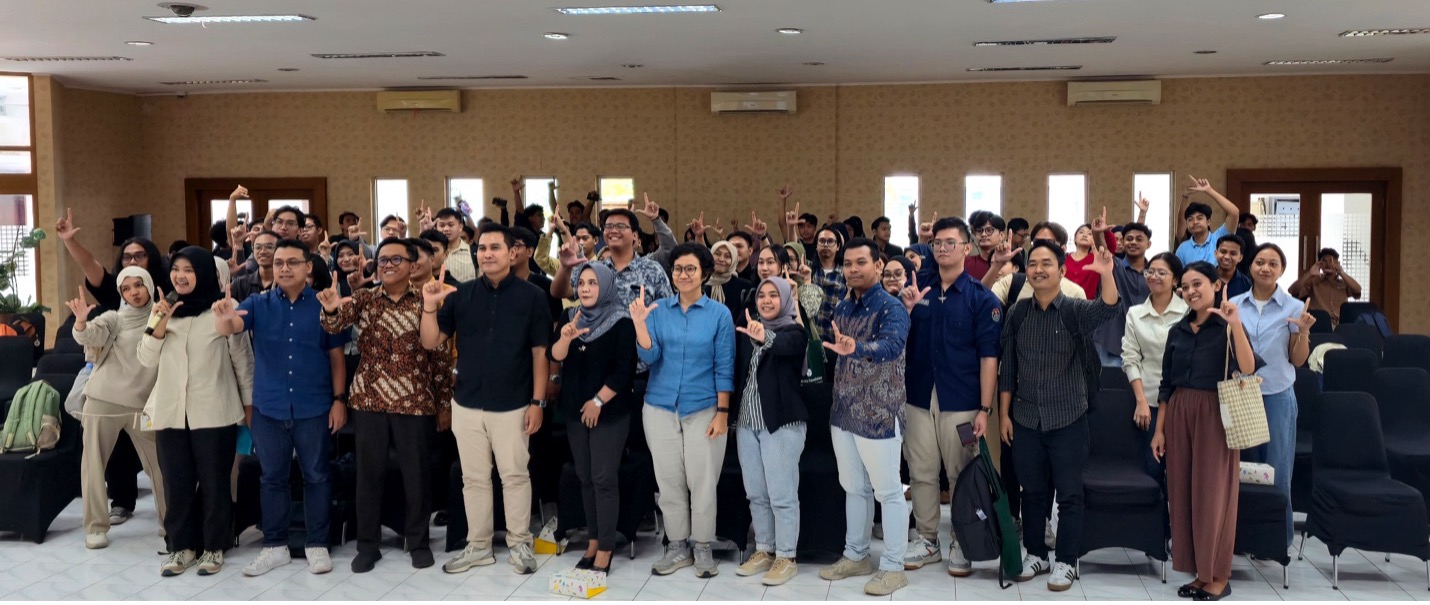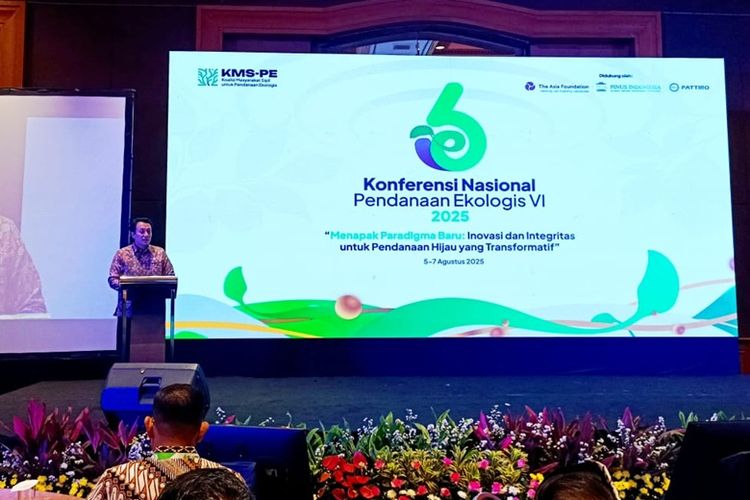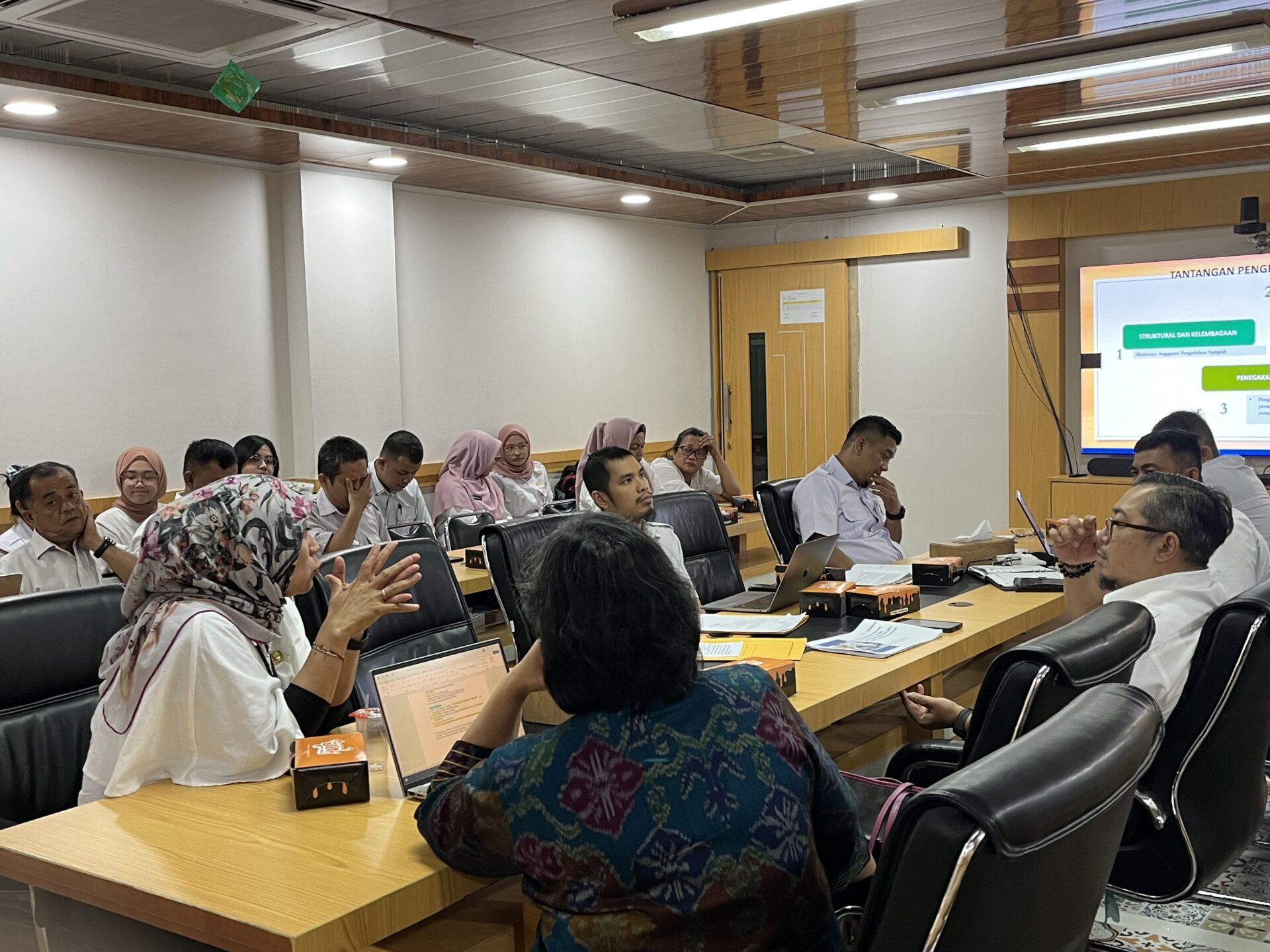Makassar, July 29, 2025 — The increasingly severe environmental crisis demands visionary regional leadership that champions the preservation of nature. This was a key point at the Green Leadership Forum (GLF) II, held in Makassar on Tuesday (29/7), which focused on promoting the integration of green development into regional planning and budgeting.
Deputy Minister of Home Affairs, Bima Arya Sugiarto, praised South Sulawesi Province’s commitment to mainstreaming climate change mitigation into its development programs.
“Cross-sector synergy is the key to driving sustainable development,” Bima stated in his keynote speech.
South Sulawesi Province Regional Secretary, Jufri Rahman, representing Governor Andi Sudirman Sulaiman, cited GLF II as concrete proof of continued commitment following the success of the first GLF in 2022.
“This forum is real evidence of our collective commitment’s continuity, following the success of the first Green Leadership Forum in 2022, which led to the birth of innovative policies like the Ecologically-Based Budget Transfer (TAKE) and Ecologically-Based Sub-District Budget Allocation (ALAKE),” said Jufri.
Jufri added that South Sulawesi Province has made climate change a priority in its long-term and medium-term development. The principles of green and low-carbon development are now an integral part of the Final Draft of the South Sulawesi Province RPJMD 2025–2029.
The event was also attended by regents and mayors from across South Sulawesi Province, including the Mayor of Makassar, the Regent of Maros, the Regent of Sinjai, and others. In addition to regional leaders, several relevant department heads were present, including those from the Development Planning Agency (Bappeda), the Department of Community and Village Empowerment (Dinas PMDP2KB3A), and the Environmental Agency (Dinas Lingkungan Hidup).
Pushing for Budgets to Protect the Environment
Since 2017, PATTIRO, along with the Civil Society Coalition for Ecological Funding (KMS-PE) and with the support of The Asia Foundation, has initiated the Ecological Fiscal Transfer (EFT) scheme. This is a performance-based fiscal transfer for environmental protection from provincial/regency/city governments to the governments below them
Currently, EFT has been adopted by 48 regional governments (provinces, regencies/cities), with a total contribution of more than Rp 529 billion. However, this figure only covers 8.9% of all regions in Indonesia.
To date, EFT has been adopted in 48 regions with a total contribution of over Rp 529 billion. In South Sulawesi, Maros and Pangkep Regencies, along with Parepare City, have allocated Rp 95.1 billion for TAKE since 2022. However, according to PATTIRO Director Fitria Muslih, the average budget allocation for environmental functions in six regencies/cities in South Sulawesi from 2021 to 2024 was only 1.55% of the total regional budget (APBD).
“This proportion is volatile, indicating that regional fiscal support also faces limitations, just as it does at the national level,” she explained.
Source: Data Processed by PATTIRO Team (2025)
Challenges and Recommendations
Fitria added that the national climate funding needs reach Rp 343.6 trillion per year, while the average allocation is only Rp 76.3 trillion. Spending efficiency through Presidential Instruction No. 1 of 2025 also has the potential to reduce the General Allocation Fund (DAU) to regions, which impacts the TAKE policy from regencies to villages.
In addition to fiscal constraints, the EFT regulations at the local level, which are still based on Regional Head Regulations, are considered not strong enough as a long-term legal framework.
PATTIRO, along with KMS-PE, recommends expanding the EFT scheme in South Sulawesi, not only at the regency/city level but also at the provincial level. The implementation of EFT needs to be accompanied by strengthening multi-stakeholder collaboration between the central government, local governments, and civil society to ensure that the green development agenda runs effectively. KMS-PE is also ready to assist local governments in promoting EFT-based policies. Furthermore, local governments are encouraged to develop other green funding models, such as revolving funds or a result-based payment (RBP) scheme through the BPDLH.
For the development of social forestry, PATTIRO and KMS-PE recommend expanding the adoption of the IAD policy at both the regency and provincial levels. In Maros, Enrekang, and East Luwu Regencies, IAD implementation can be strengthened by integrating it into thematic Special Allocation Funds (DAK), Village Funds, CSR, partner support, and regional planning. The development of IAD based on social forestry can also be promoted through the formation of KUPS Enterprises in IAD locations, as well as strengthening the social forestry information system to monitor its implementation.
EFT Awards
In recognition of local governments that have implemented the Ecological Fiscal Transfer (EFT) scheme, the Civil Society Coalition for Ecological Funding (KMS-PE) presented awards to several regencies and cities.
The awards were given across three categories:
- EFT and Integrated Area Development (IAD) based on Social Forestry: Maros and Enrekang Regencies.
- EFT Implementation: Parepare City, North Luwu Regency, Pangkajene and Islands Regency, Bulukumba Regency, Jeneponto Regency, Sinjai Regency, and Bone Regency.
- Performance-Based Fiscal Incentive Implementation: Barru Regency.
The event also served as a platform to introduce the regencies that have newly adopted the EFT scheme as a form of commitment to green development, namely Sinjai Regency, Jeneponto Regency, and Bulukumba Regency.



